
One Month Before A Heart Attack, Your Body Will Warn You Of These 7 Signs
Did you know that heart attacks remain one of the leading causes of death in the United States?
The fast-paced, high-stress lifestyle many people lead—combined with the frequent consumption of processed and unhealthy foods—has contributed significantly to the rise of heart-related problems. Over the past several decades, these factors have made heart disease increasingly common and dangerously overlooked.
Maintaining a healthy lifestyle, eating nutritious foods, and actively managing stress levels can greatly reduce your risk of heart failure. However, there is another powerful form of protection: understanding and recognizing the early warning signs. Certain symptoms can appear up to a month before a heart attack, and noticing them could potentially save your life or the life of someone you love.
Below are several symptoms that may indicate an increased risk of a heart attack within the near future. If you experience any of these signs—especially more than one—take them seriously and seek medical advice promptly.
1. Swollen Feet
Swelling in the feet, ankles, or legs (edema) may occur when the heart’s lower chambers cannot pump blood effectively, a condition known as congestive heart failure. When blood begins to pool in the lower extremities, the tissues absorb the excess fluid, leading to noticeable swelling. Persistent or unexplained swelling should always be evaluated by a healthcare professional.
2. Fatigue
If your arteries become narrowed or blocked, your heart receives less blood and oxygen than it needs to function efficiently. As a result, it must work significantly harder, leaving you feeling unusually tired, sluggish, or drowsy—even after getting enough rest. This type of fatigue often feels different from everyday tiredness and may gradually worsen over time.
3. Shortness of Breath
Reduced blood flow to the heart can also affect the lungs, preventing them from receiving the oxygen they need. Since the heart and lungs work closely together, a problem in one system can quickly affect the other. If you notice that simple activities—walking, climbing stairs, or even lying down—cause shortness of breath, it’s important to consult a doctor as soon as possible.
4. Weakness
Sudden or unexplained weakness can occur when narrowed arteries reduce circulation throughout the body. Muscles that do not receive adequate oxygen and nutrients may feel unstable or shaky. In some cases, people may stumble, lose balance, or feel as though their legs “give out.” If this happens frequently, it could be a key warning sign.
5. Dizziness and Cold Sweats
Poor circulation also affects the brain. When the brain receives less blood, dizziness, light-headedness, or cold, clammy sweats may occur. These symptoms can be alarming and may appear suddenly. Although they may seem harmless at first, they should never be ignored, as they can signal a potentially dangerous situation.
6. Chest Pressure
Chest discomfort—whether it feels like sharp pain, pressure, fullness, or tightness—is one of the most recognizable early signs of a heart attack. This feeling may come and go or slowly intensify over time. Some people describe it as having a heavy weight on their chest. If the discomfort persists or worsens, immediate medical attention is essential.
7. Flu-Like Symptoms
Surprisingly, some people experience flu-like symptoms shortly before a heart attack. These may include fatigue, nausea, chills, or general malaise. While these signs can easily be mistaken for a common cold or flu, their sudden onset—especially when combined with other symptoms—may indicate an approaching cardiac event.
What You Should Do
If you or someone you know experiences any of these symptoms, do not ignore them. Early detection is one of the most effective ways to prevent severe complications. Schedule a medical evaluation as soon as possible, especially if symptoms appear suddenly or worsen over time.
Lifestyle improvements—such as exercising regularly, eating a heart-healthy diet, and managing stress—also play a crucial role in long-term heart health. Staying informed and proactive can make a significant difference.
Share this information with family and friends—you may help protect someone at risk.
News in the same category

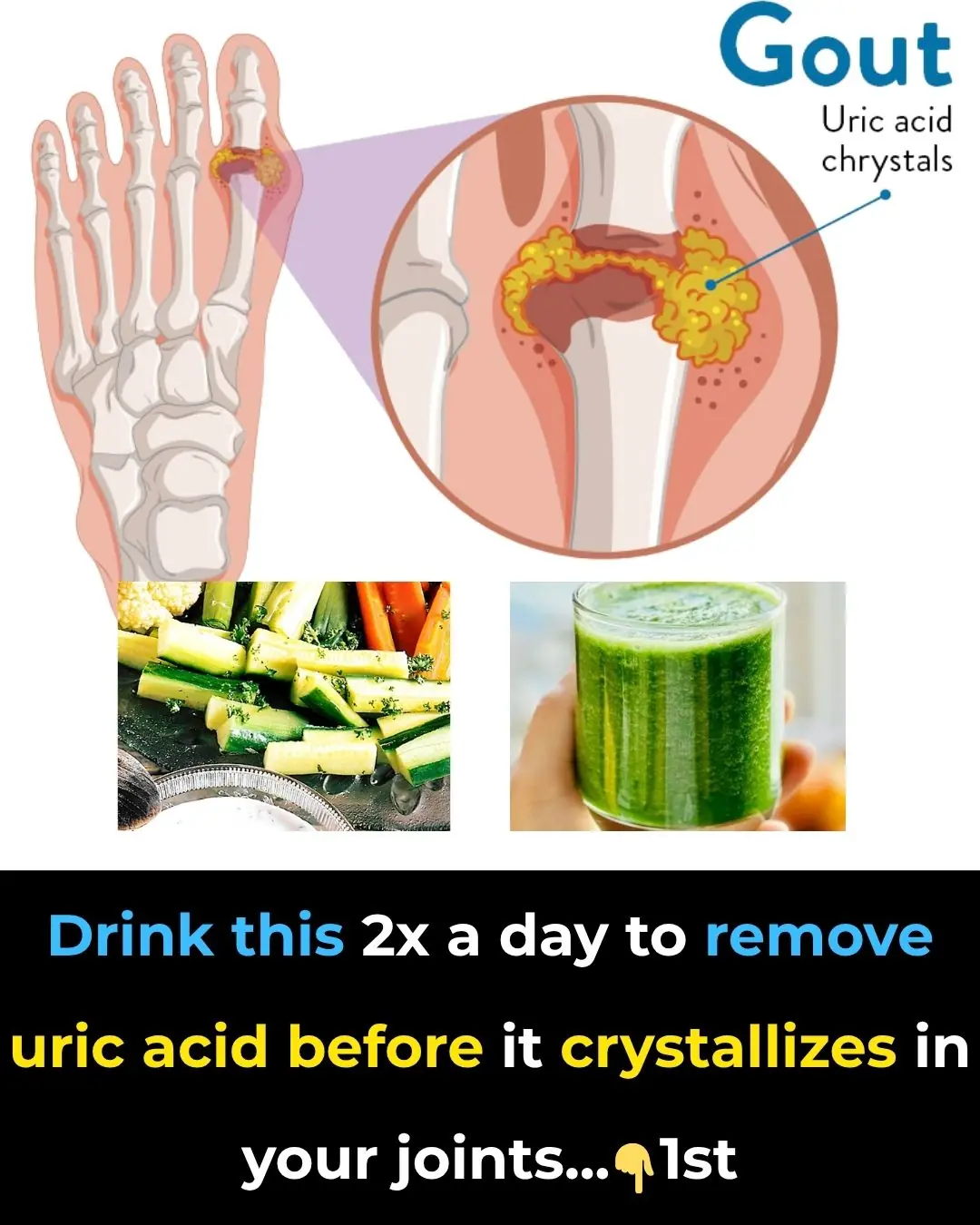
Drink This 2X a Day to Remove Uric Acid Before it Crystallizes in Your Joints and Becomes Painful
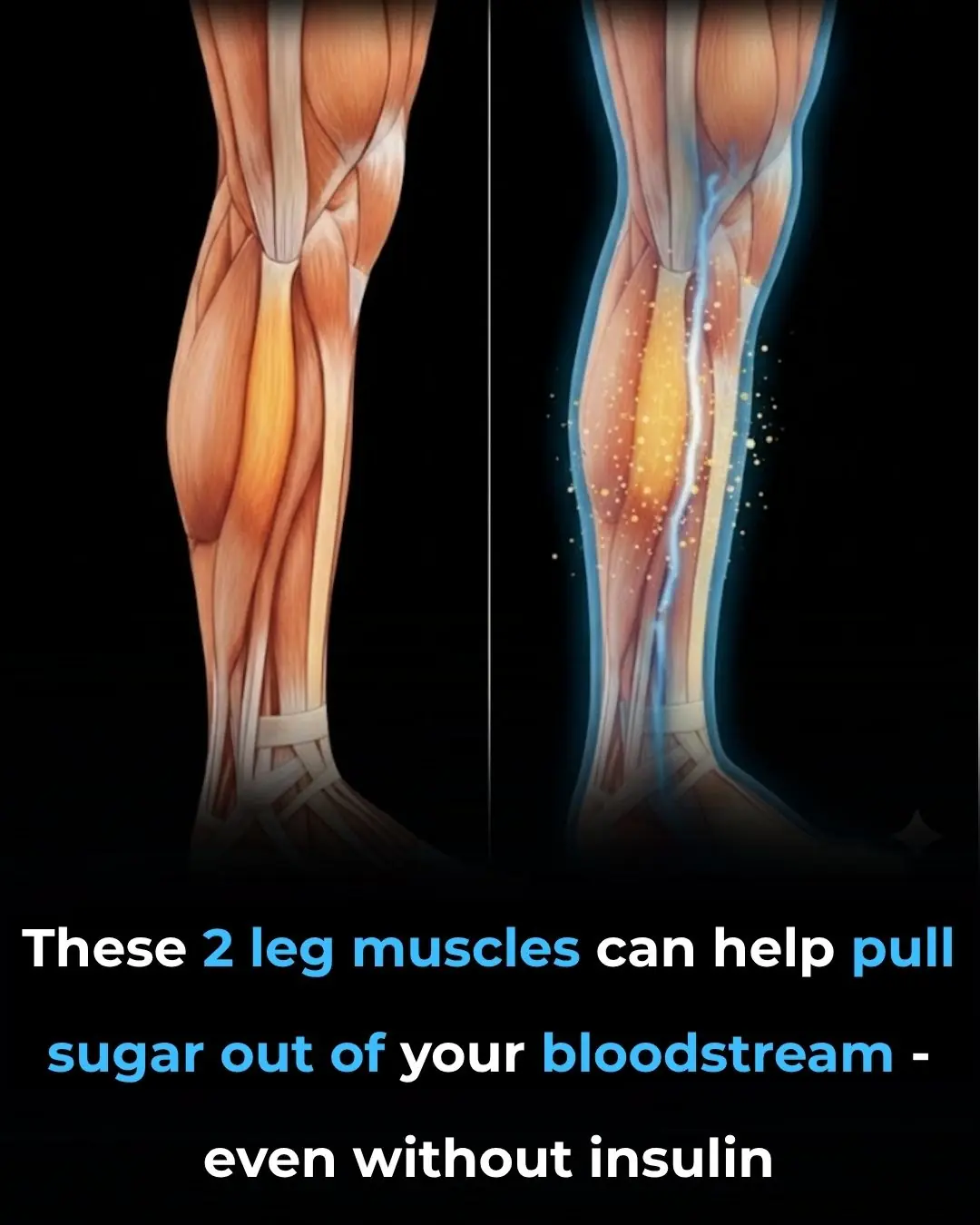
Lower blood sugar naturally by training just 2 leg muscles
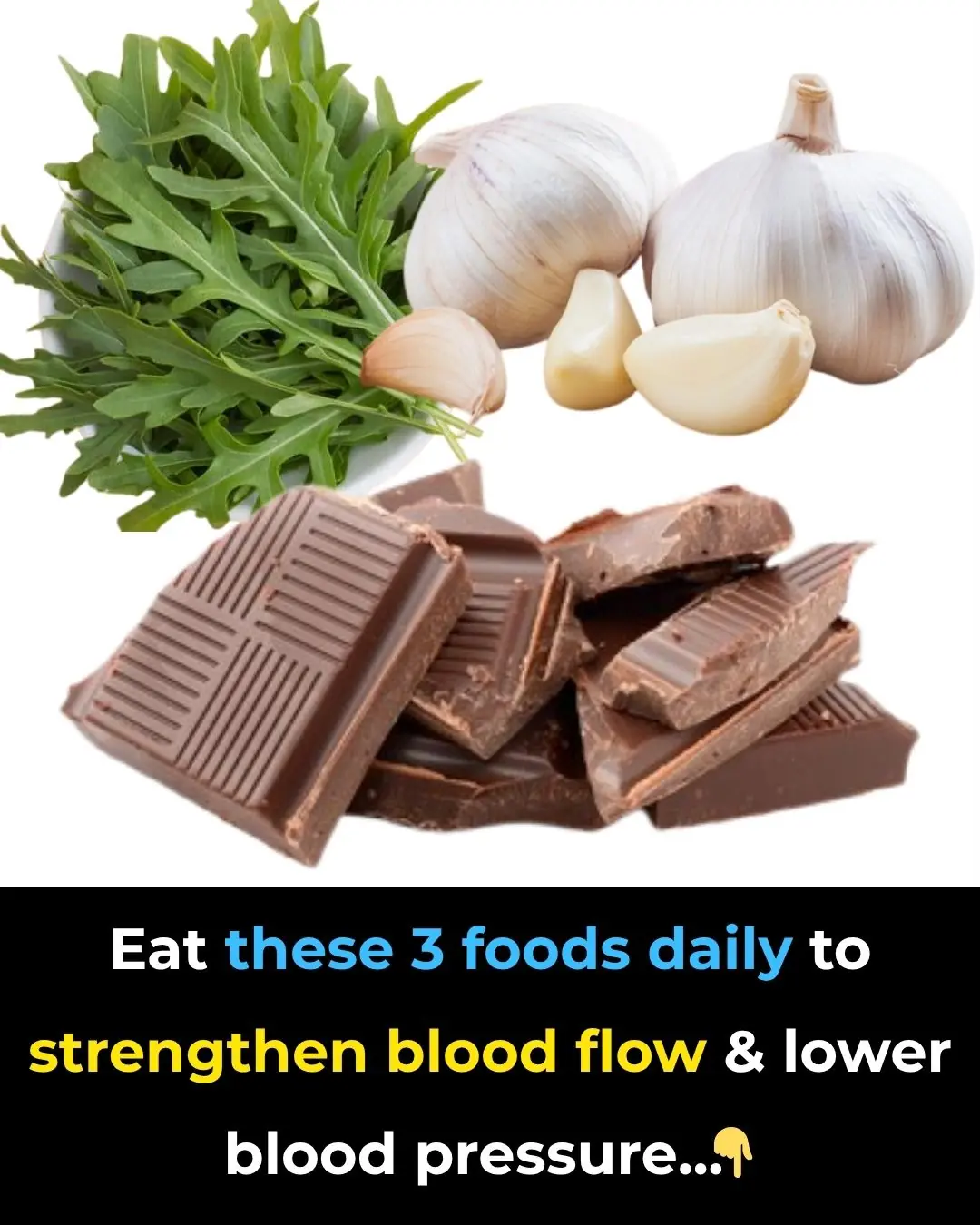
3 Food Combo to Strengthen Your Heart

What Your Belly Is Trying to Tell You
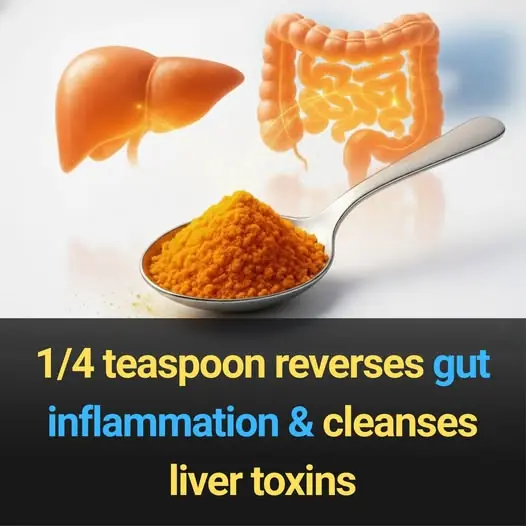
1/4 teaspoon reverses gut inflammation & cleanses liver toxins

Vitamin D3 cuts second heart attack risk by half
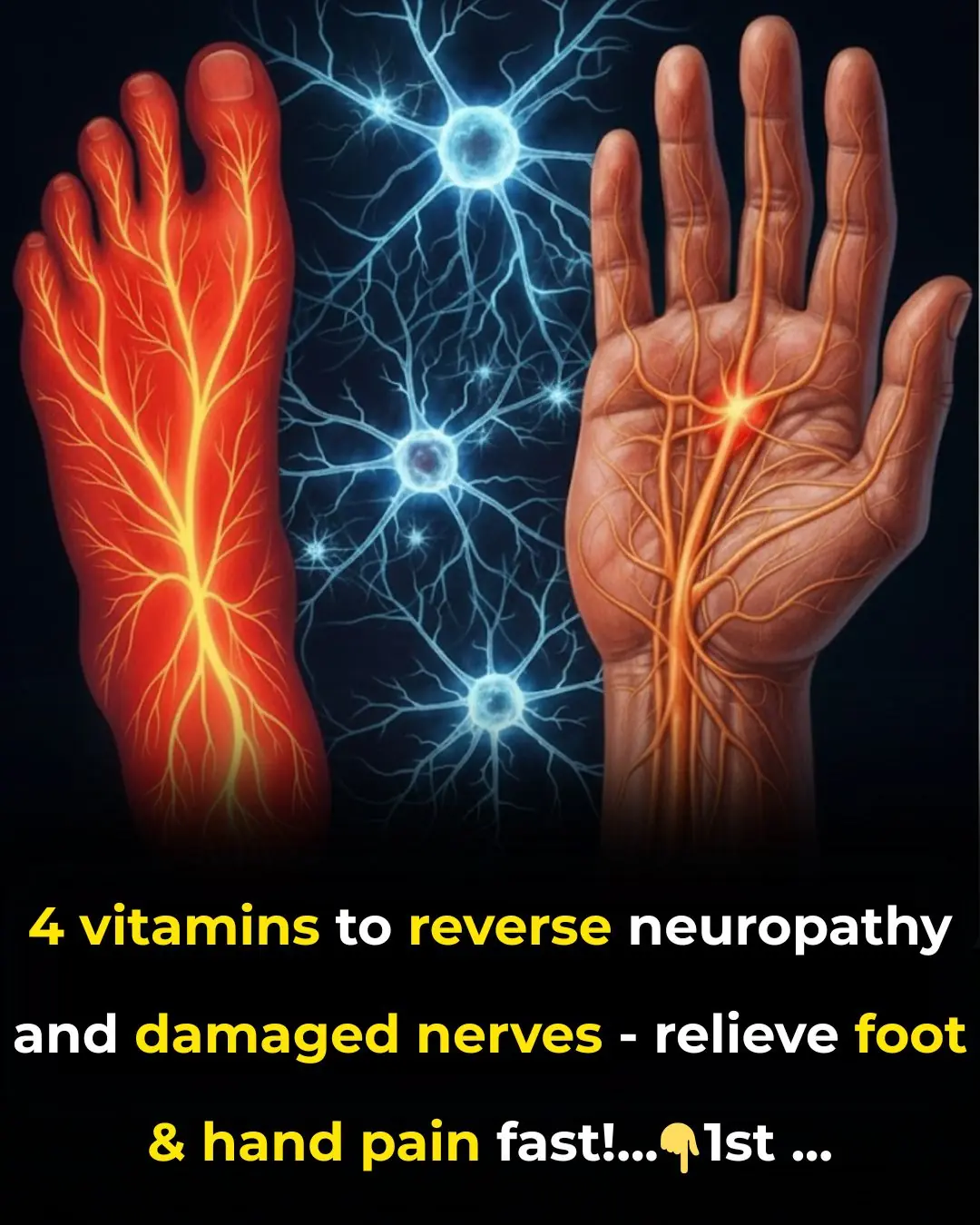
4 vitamins to reverse neuropathy and damaged nerves – relieve foot & hand pain fast!
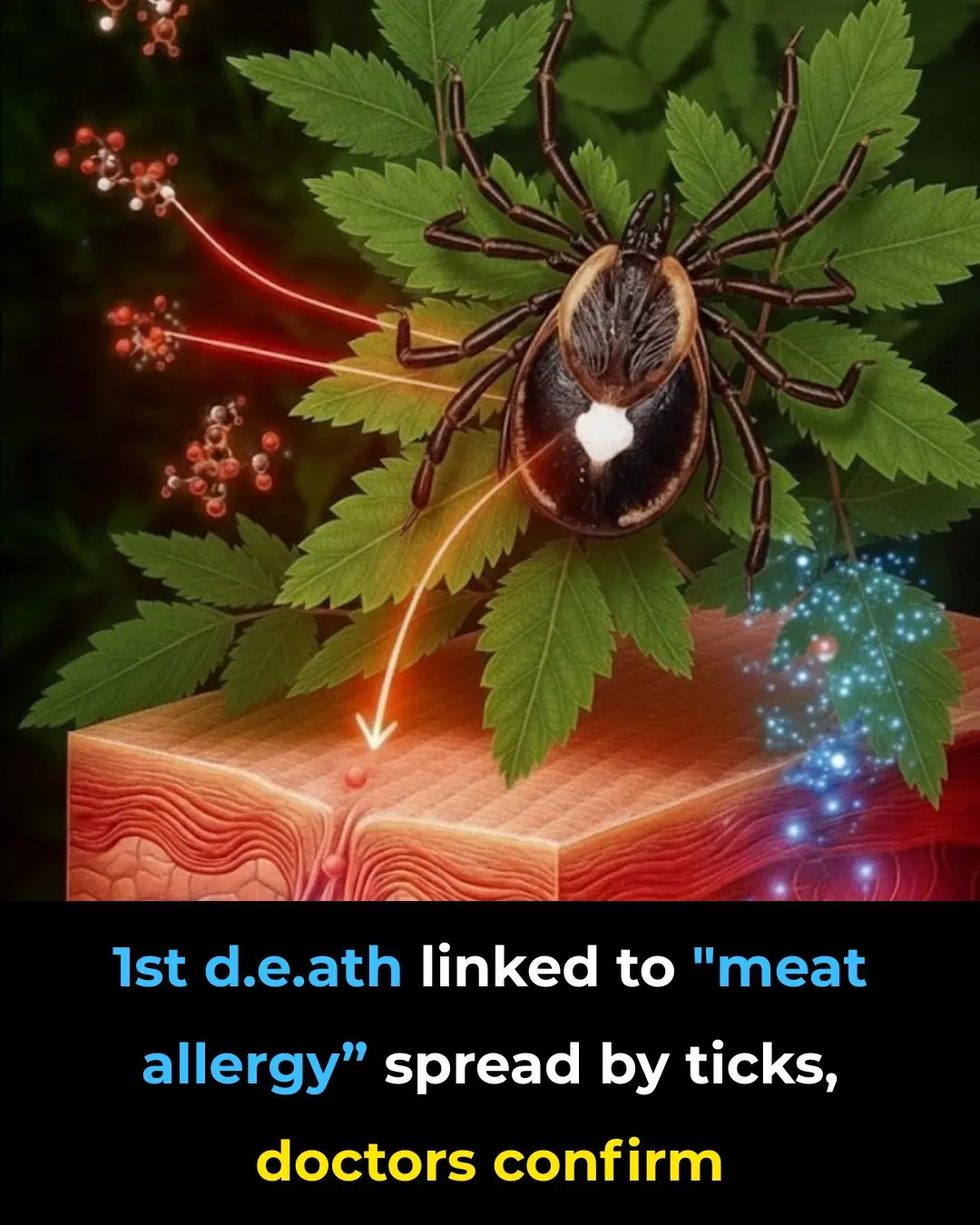
1st death linked to “meat allergy” spread by ticks, doctors confirm

Ignite Your Day: Eggs + Coffee for Unstoppable Stamina & Vitality
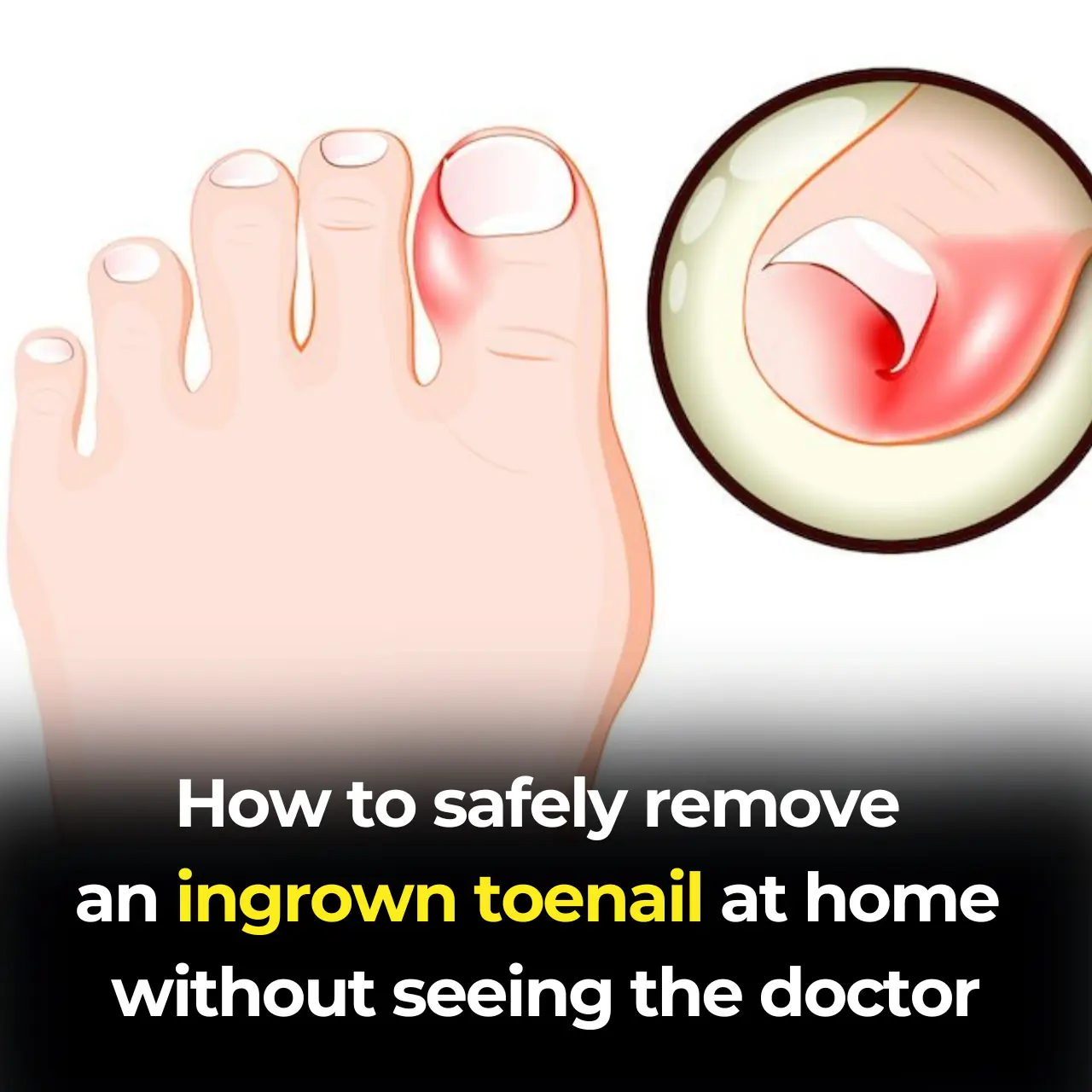
How to Effectively Remove a Painful Ingrown Toenail WITHOUT Having To Go To The Doctor
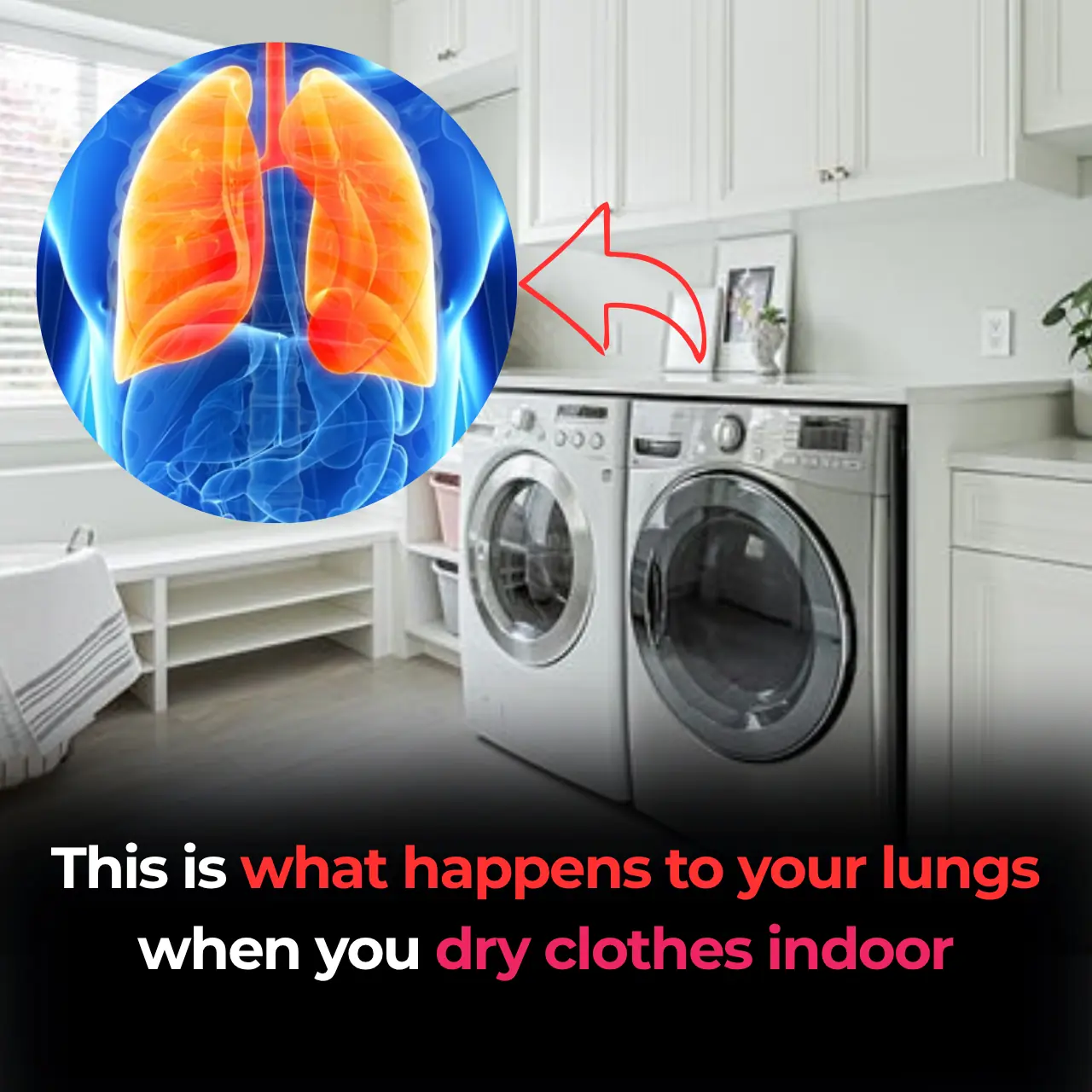
This Is What Happens To Your Lungs When You Dry Laundry Indoors
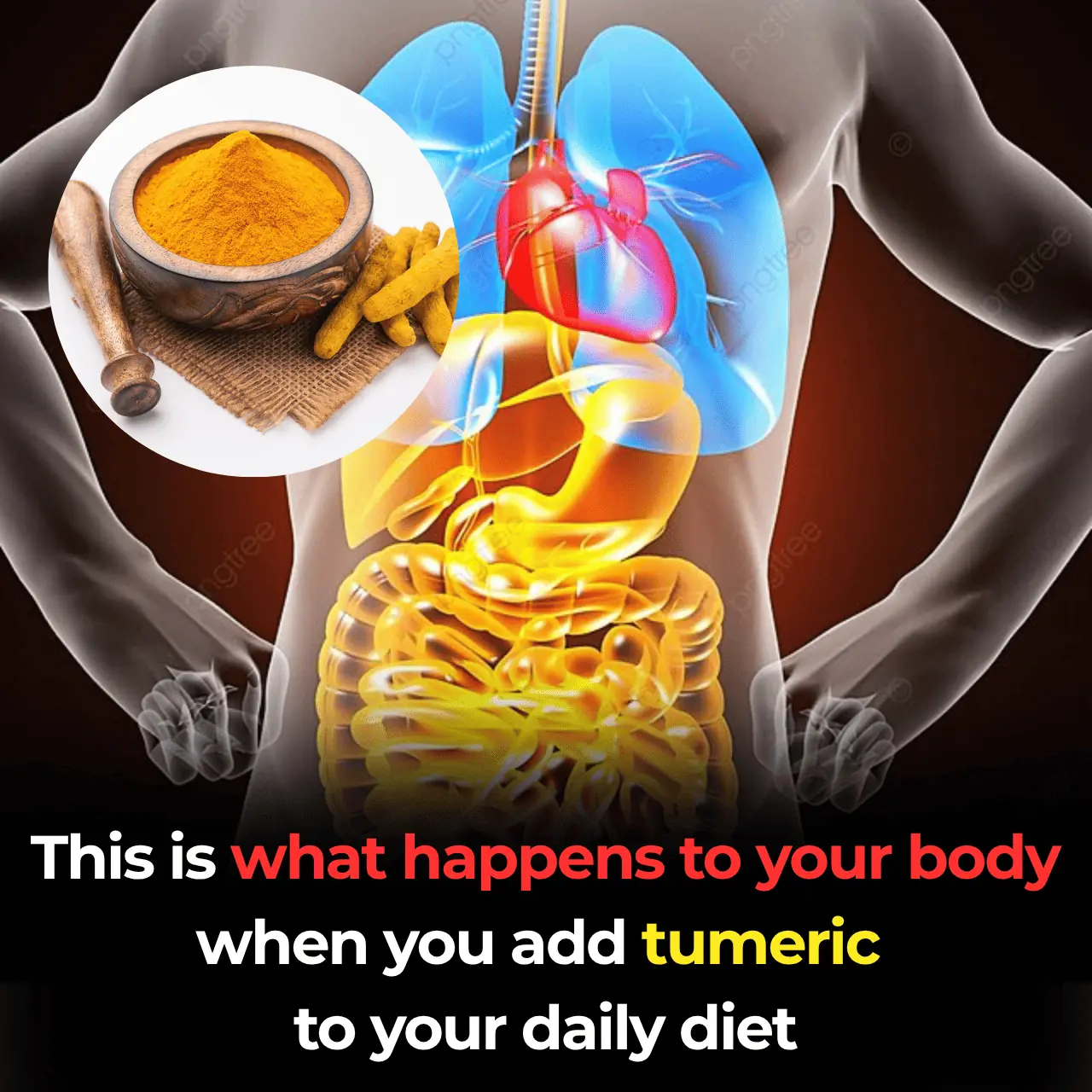
Medicinal Health Benefits of Turmeric, Curcumin and Turmeric Tea Based on Science
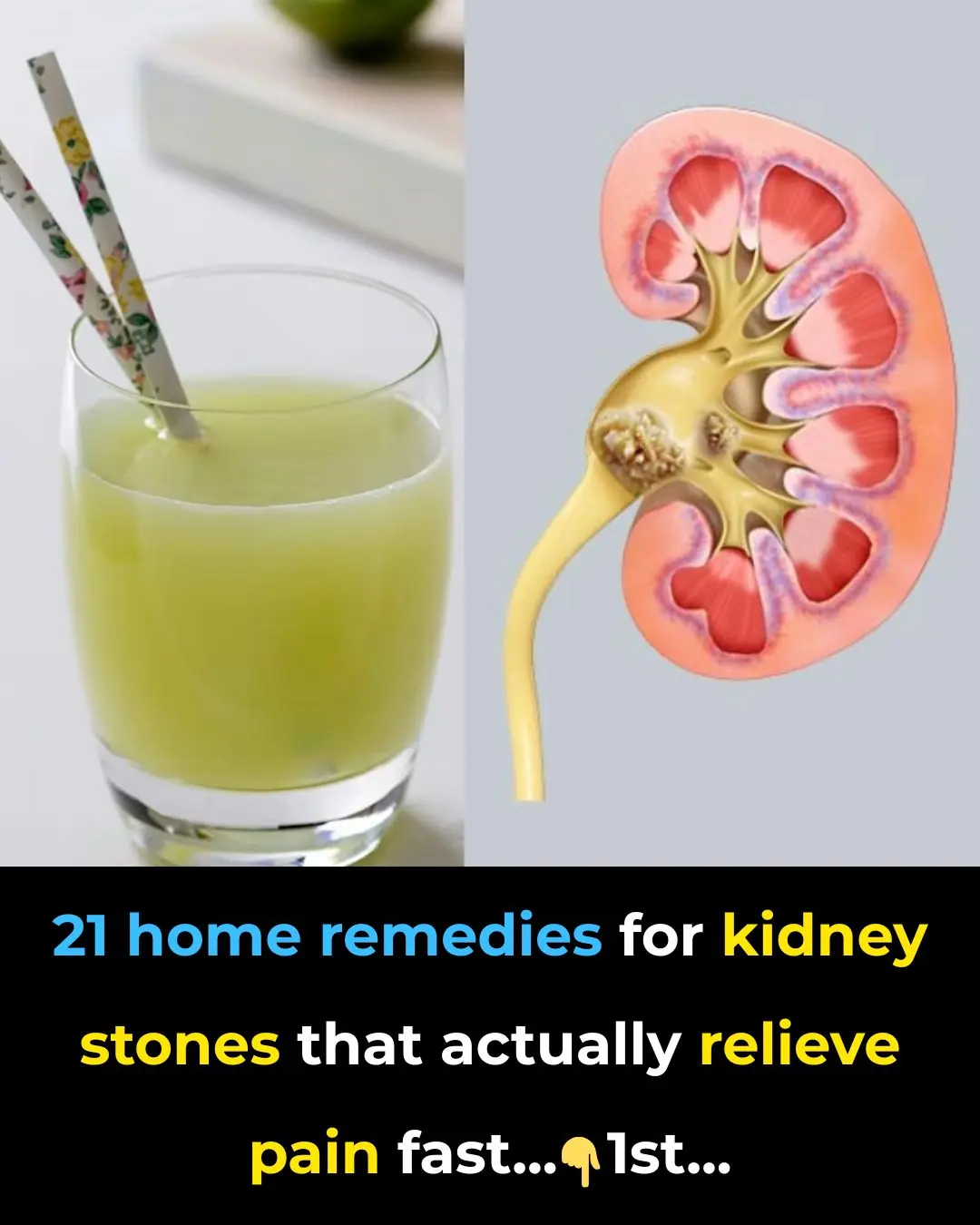
Home Remedies For Kidney Stones – 21 Remedies For Effective Pain Relief

How to Use a ¼ Teaspoon of Nutmeg to Fall Asleep and Relieve ALL Your Insomnia Symptoms Overnight
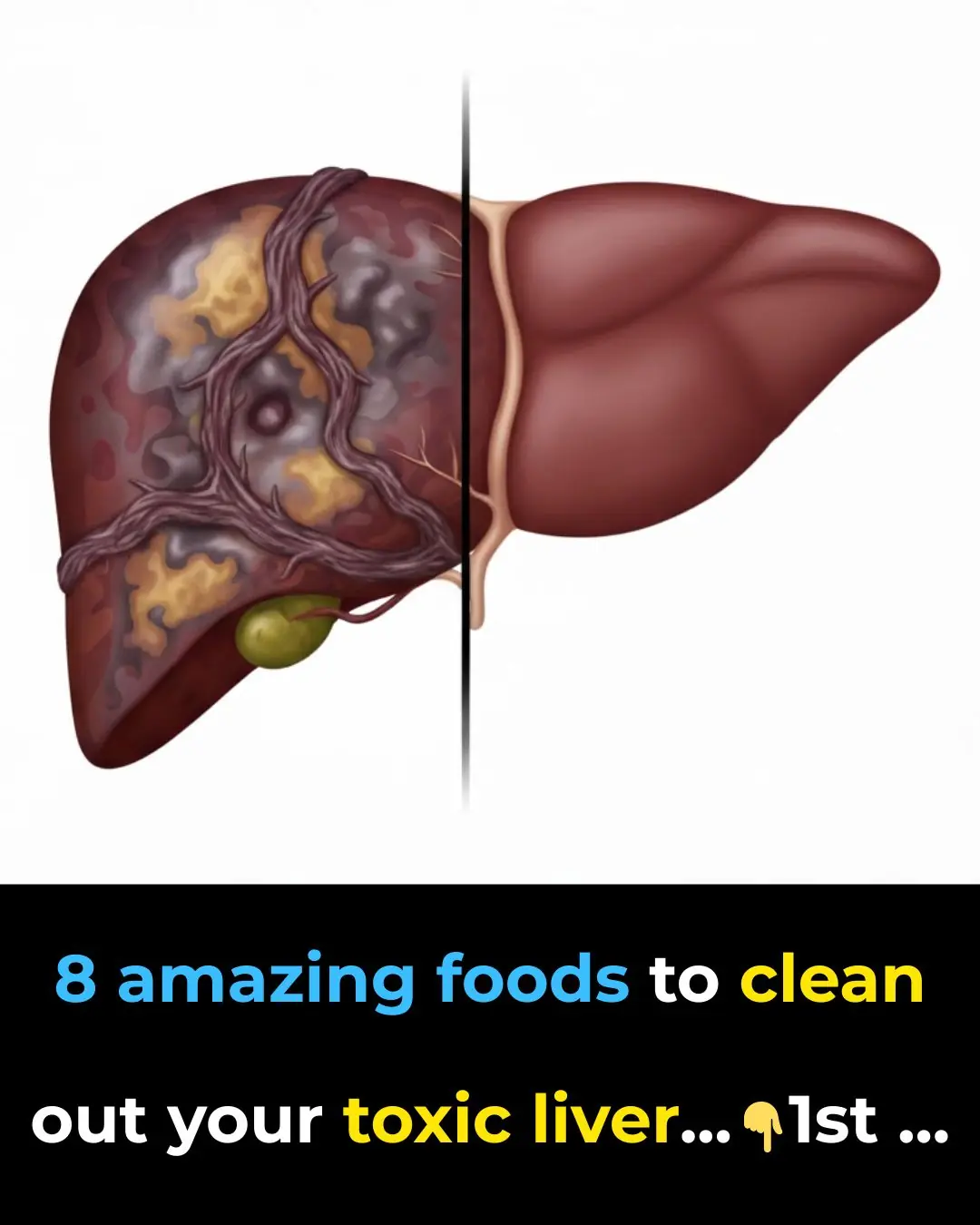
8 Amazing Foods To Clean Out Your Toxic Liver

Does The Inside Of Your Ear Itch
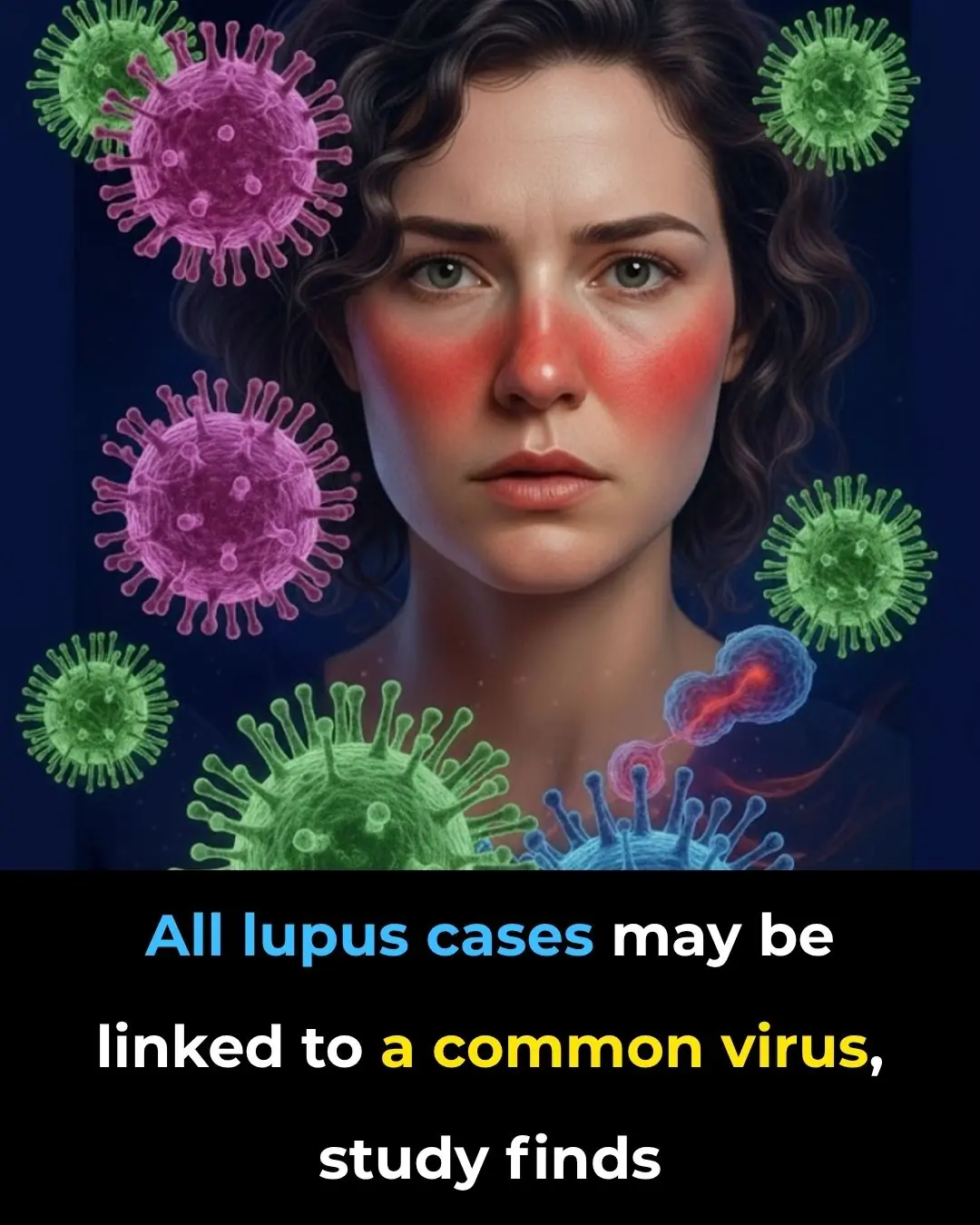
All lupus cases may be linked to a common virus, study finds
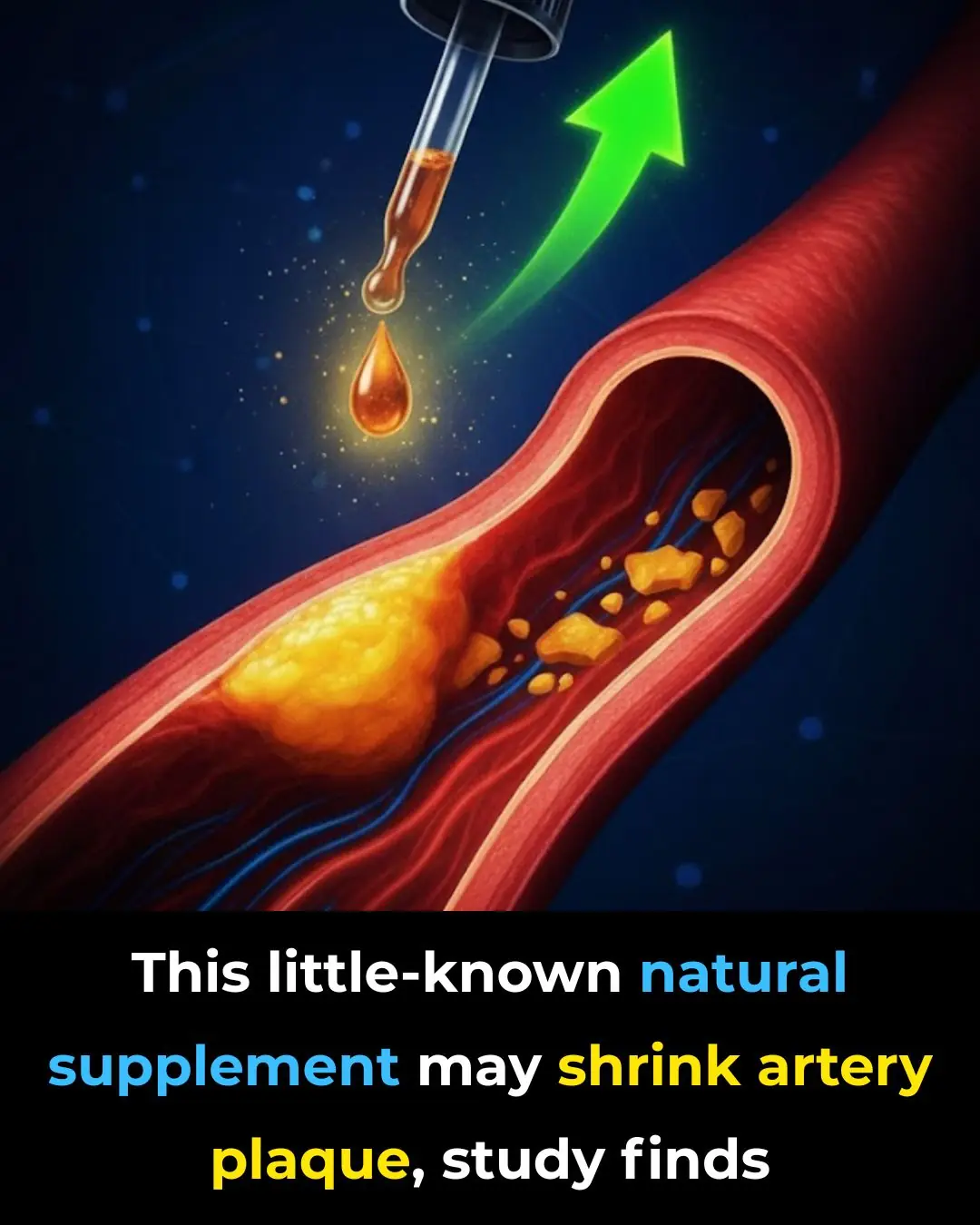
This little-known natural supplement may shrink artery plaque, study finds
News Post
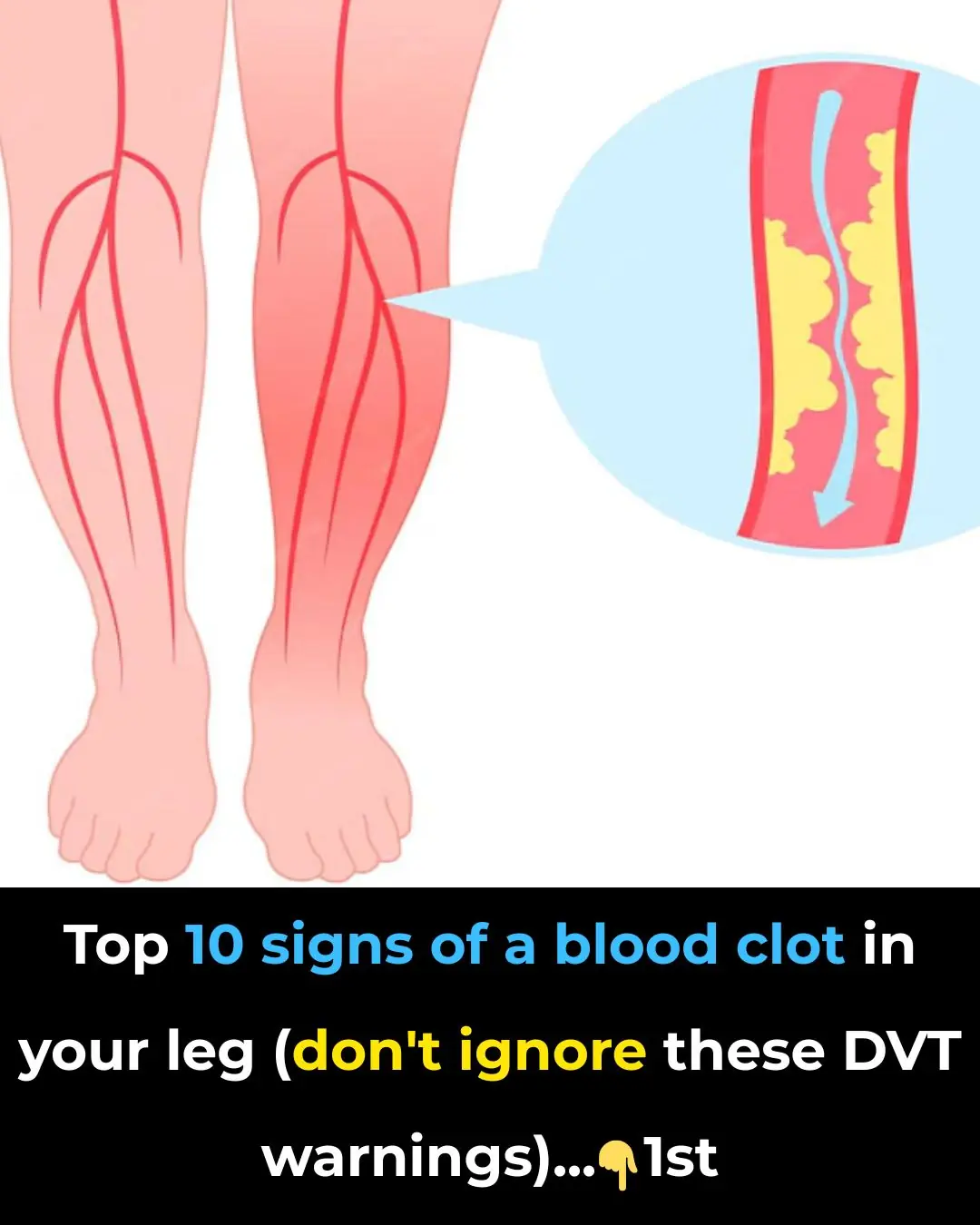
Top 10 signs of a BLOOD CLOT in your leg (prevent Deep Vein Thrombosis)

Do not use a sharpening stone on dull scissors. Apply the following method to make the scissors as sharp as new ones bought from the store: Simple but effective

Don't rush to throw away expired or leftover beer. Use it for these 8 things and everyone will praise it

Weeds or Wonders? Discover the Hidden Treasures in These 4 Common Plants

Say Goodbye to Parasites, Cholesterol, High Blood Pressure, and Poor Circulation With This 7-Day Homemade Drink

Drink This 2X a Day to Remove Uric Acid Before it Crystallizes in Your Joints and Becomes Painful

Simple Tips to Fade Freckles for a More Even and Radiant Complexion

5 Effective Ways to Clean Rust, Grease, and Stubborn Stains from Your Gas Stove—Making It Shine Like New

Lower blood sugar naturally by training just 2 leg muscles

Boil eggshells and say goodbye to the …

3 Food Combo to Strengthen Your Heart

Lone Star Tick Bites: Dangers, Symptoms, And Urgent Steps To Take

If You See A Bent Tree In The Forest, Start Looking Around Immediately

If You See Someone With This Tattoo On Their Hand, Here’s What It Means

Bear Caesar Finally Freed After Years In Cruel Torture Vest

Man Isolates Himself From Society For Over 25 Years. What He Does Is Beyond Belief

Chilling Final Posts Emerge From TV Host’s 19-Year-Old Daughter Before Her Tragic Death In Los Angeles

Lady Frederick Windsor brands royal family’s lives ‘total hell’: ‘A form of torture’

Good Morning Britain's Ranvir Singh wows in flattering cord jumpsuit that 'fits perfectly'
